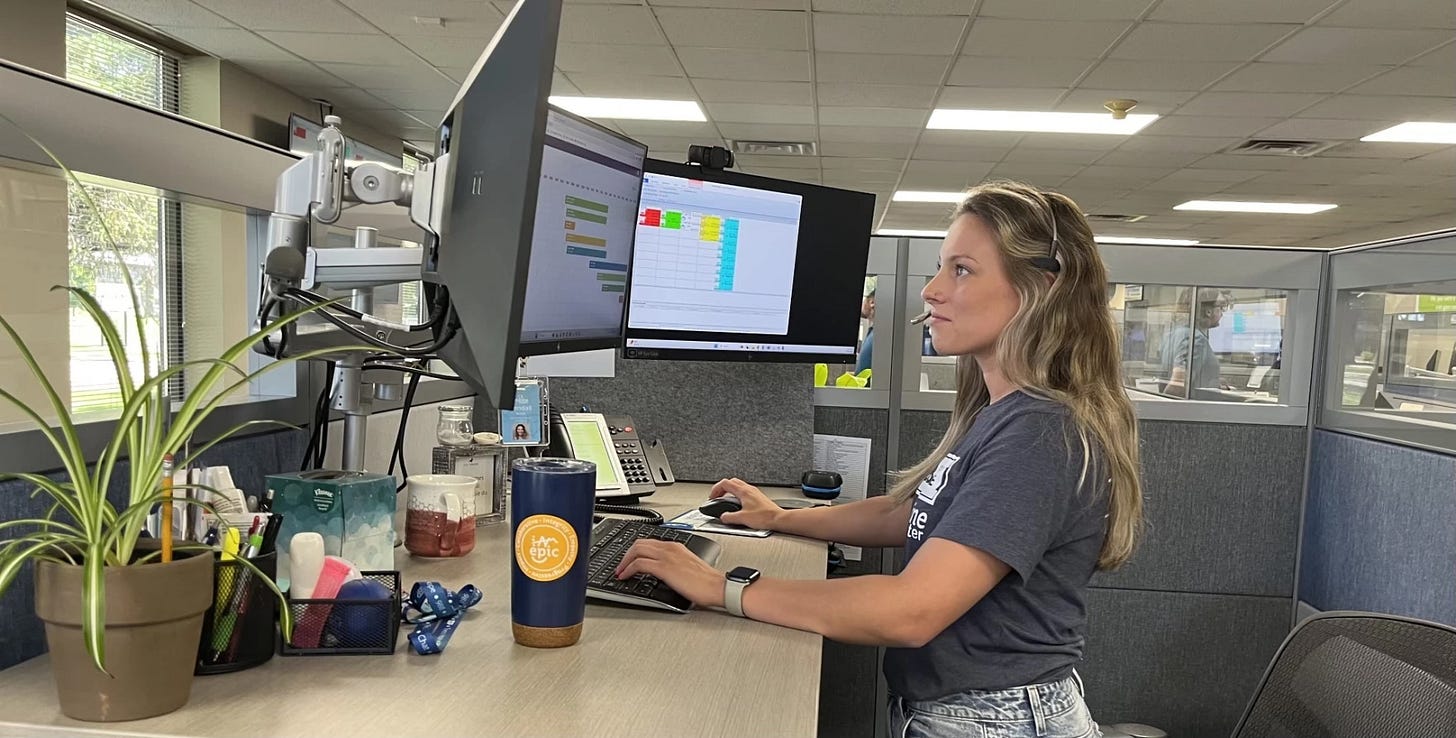There’s no Hope if we Keep it Hidden in the Shadows
Rural Healthcare Access Must Include Mental Health Services
Today’s topic discusses mental health and suicide. If you or someone you know needs help, please call 988 or go to 988lifeline.org 24 hours a day.
Something that is all too often only whispered about is mental health, the road to recovery, and suicide prevention – and how hard it can be to access mental health services in rural communities and small towns.
It’s a topic important to us all, but may strike a particular cord with your family if you’ve ever been personally affected by suicide or serious mental health conditions.
There’s no hope if we keep it hidden in the shadows, so our goal is to shine a light on the problem and what’s needed to get people the help they deserve.

Nearly 50,000 Americans committed suicide each year over the past several years – an eye-raising number that ought to sound alarm bells for every county and municipal health department.
Rural Americans, in particular, are hampered by four big barriers: accessibility, availability, affordability, and acceptability.
We all know there are critical doctor, nurse, and mental health professional shortages in rural communities, and fewer clinics and hospitals at which to access care. But when you do get an appointment, insurance can be the next barrier. In practice, some policies offer few mental health benefits or their out-of-pocket costs can be prohibitive.
Many times, patients in a crisis situation will get pushed to urgent care or emergency room facilities that are not well-equipped to handle mental health problems in the short term and provide no real help at all in the long term.
On top of all that is “stigma” – which can come from something as simple as disapproving looks you get when discussing the topic, distrust of medical professionals by friends or family, or previous negative or unhelpful experiences are enough to keep enormous numbers of people from seeking help when they really do need it.
And without serious and intentional intervention by state, federal and local governments, this crisis is only going to get worse.
Each of us deserves to see the doctor when we need to, have access to an emergency room in our community, and see therapists, counselors, or other mental health professionals as necessary.
We hope this mental health conversation can be the start of something healing and restorative. Remember, if you or someone you love are in crisis, call, text, or chat 988 or go to 988lifeline.org to speak with mental health professionals 24 hours a day, 7 days per week.




